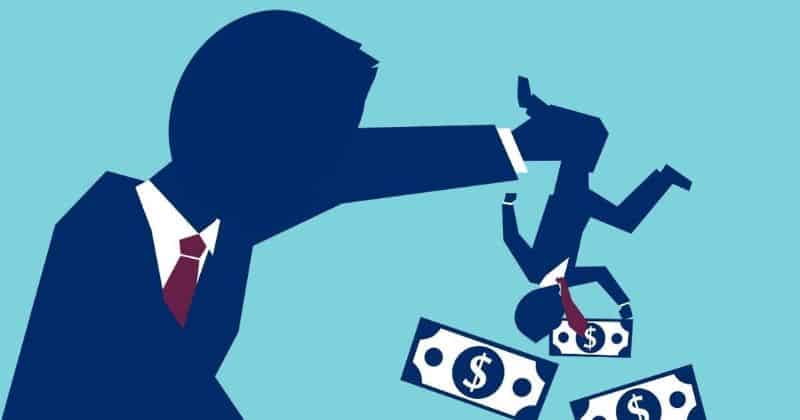How To Handle Harassment From Personal Loan Recovery Agents?

In recent years, the increasing availability of personal loans has provided people with an opportunity to meet their financial needs. However, a significant downside to this financial freedom has been the aggressive and often unethical methods employed by recovery agents when borrowers default on their loan payments. This has led to widespread harassment, financial distress, and emotional trauma for many individuals. Understanding the nature of this harassment, its impact, and the ways to deal with it is crucial for those affected by such situations. Personal loans in India have become increasingly accessible due to their minimal documentation requirements and flexible repayment terms. Banks, financial institutions, and non-banking financial companies (NBFCs) offer personal loans to meet a variety of needs, from medical emergencies to home renovations. While this has been a boon for many, it has also led to a rise in the number of borrowers who struggle with repayments, especially in cases of job loss, health issues, or other unforeseen financial hardships. When a borrower is unable to meet their repayment obligations, the lender initiates the process of debt recovery. This typically starts with sending reminders and warnings, followed by a series of attempts to recover the amount due. However, when these methods fail, the lender may engage professional recovery agents to recover the outstanding debt. While the role of these recovery agents is to help recover the loaned amount, the methods employed are not always within the boundaries of the law. In many instances, recovery agents resort to harsh tactics that can cause significant distress to the borrower. This is where the issue of harassment begins. Personal loan recovery agents often cross the line of decency in their quest to recover the money owed. Some common forms of harassment faced by borrowers include: The harassment by personal loan recovery agents can take a severe toll on the borrower’s mental and emotional well-being. The constant threats, public humiliation, and invasion of privacy can lead to feelings of anxiety, depression, and helplessness. Many individuals who experience such harassment report symptoms of post-traumatic stress disorder (PTSD), such as flashbacks, insomnia, and severe emotional distress. Moreover, the fear of legal action or asset seizure can leave the borrower in a state of constant worry, making it difficult for them to focus on their work or personal life. The stress of dealing with such harassment can also affect family relationships and result in a breakdown of communication and support systems. In India, personal loan recovery agents are required to follow certain guidelines set forth by the Reserve Bank of India (RBI) and other regulatory bodies. The guidelines prohibit agents from using harassment, threats, or intimidation to recover dues. If recovery agents engage in illegal practices, borrowers have the right to file a complaint with the lender and take legal action against the agent involved. However, many borrowers are unaware of their legal rights or feel too intimidated to take action. As a result, the harassment continues unabated, leaving them in a vicious cycle of debt and stress. RupeeRelief is a service designed to help individuals who are struggling with loan repayment and facing harassment from recovery agents. The platform provides expert assistance in negotiating with lenders to settle outstanding debts and eliminate the threat of harassment. Personal loan recovery agent harassment is a serious issue that affects many borrowers in India. The aggressive and often illegal tactics employed by recovery agents can cause significant emotional and psychological distress. It is crucial for borrowers to understand their legal rights and seek support when faced with such situations. RupeeRelief provides a comprehensive solution for individuals struggling with loan repayment and harassment. With professional debt settlement services, legal support, and a commitment to protecting borrowers’ rights, RupeeRelief is a trusted ally for those looking to regain control over their financial lives and escape the cycle of harassment. If you or someone you know is facing harassment from loan recovery agents, reaching out to RupeeRelief could be the first step toward a solution.The Rise of Personal Loans in India
What is Personal Loan Recovery?
Types of Harassment by Recovery Agents
The Psychological and Emotional Impact of Harassment
Legal Protections Against Harassment
How RupeeRelief Can Help
Conclusion

